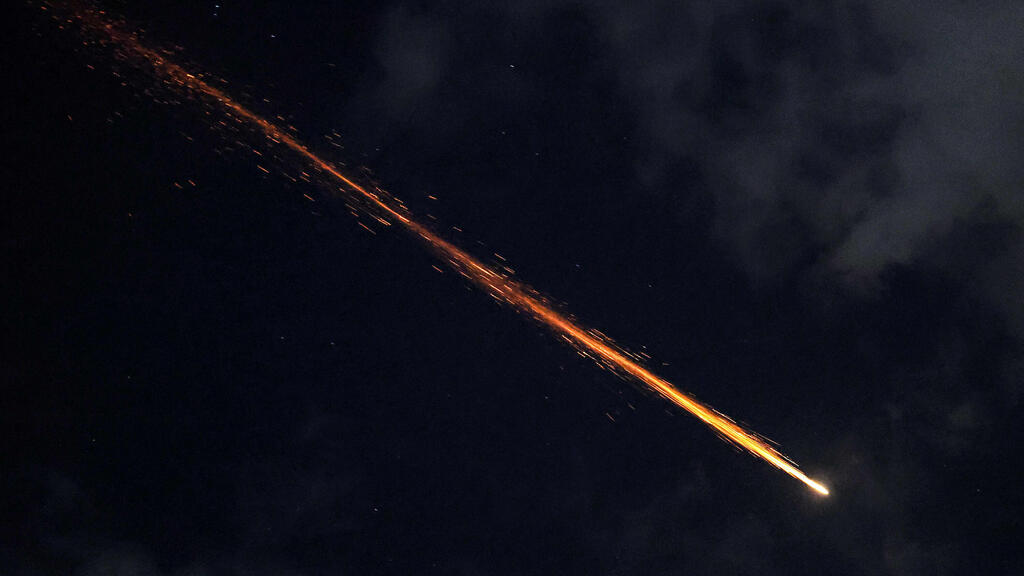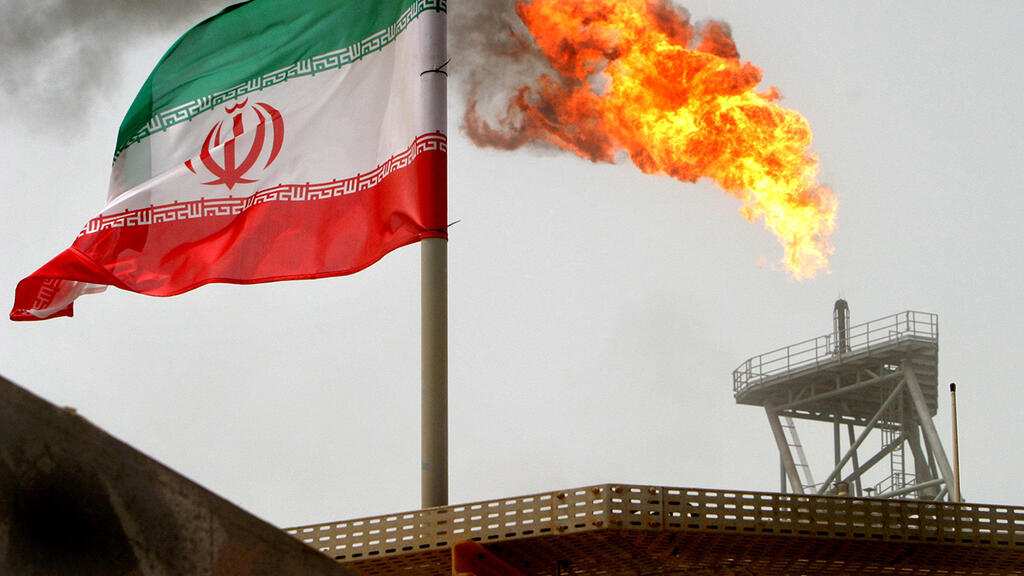Getting your Trinity Audio player ready...
Iranian ballistic missile lands north of Tel Aviv on Tuesday
The Iranian ballistic missile attack on Tuesday marked a significant escalation in the conflict, particularly due to the strategic sites targeted by Tehran. The Iranians attempted to strike key locations such as airports and the Dimona area, fully aware that their imprecise missiles could impact civilian areas.
The attack largely failed, causing few injuries as most missiles were intercepted. This success was attributed to the strong coordination between Israel's Air Force, its aerial defenses and the U.S. Central Command (CENTCOM).
Israel must now consider escalating its response—not only due to the attempt to target strategic sites with missiles carrying nearly one-ton warheads but also because of the deliberate effort to provoke and incite panic within the country.
This marked Iran's second direct attack on Israel, with Tehran claiming to have targeted military air bases and radar systems in an attempt to disable Israel's defenses. Iran has now become a primary focus for Israel, much like Gaza, Lebanon and the West Bank.
3 View gallery


Israel blanketed by incoming air raid sirens as Iranian ballistic missiles rain from the sky
Iran’s leadership likely anticipates an Israeli response, carefully planning its next move. The attack came as Tehran faced criticism for seemingly abandoning its proxies and weakening its regional axis. The recent assassinations of Hamas leader Ismail Haniyeh in Tehran, Hezbollah chief Hassan Nasrallah in Beirut and an Iranian Revolutionary Guard Corps (IRGC) commander in Lebanon have severely damaged Iran’s standing.
Israel’s strike on Houthi-controlled Hodeidah in Yemen on Sunday could signal a potential retaliatory strike on Iran, possibly targeting its nuclear or oil facilities. Iran’s economy is heavily dependent on oil and gas exports. Israel’s measured response to the Iranian missile attack in April left Tehran uncertain about what happened to its Russian-made S-300 aerial defense systems, which protected key sites like the Natanz nuclear facility and Isfahan airport.
However, even as Israel seeks to increase its deterrence, it must weigh U.S. concerns about avoiding a broader regional war. Striking Iran’s nuclear facilities could go against both Israeli and American interests. Such an attack might push Iran to accelerate its nuclear ambitions and trigger a full-scale conflict.
As a result, Israel is likely to choose a response that Washington would deem appropriate, legitimate and measured, while addressing the ballistic missile strike. Israel’s broader interest lies in concluding this chapter to focus on Lebanon and its other fronts.
Get the Ynetnews app on your smartphone:







